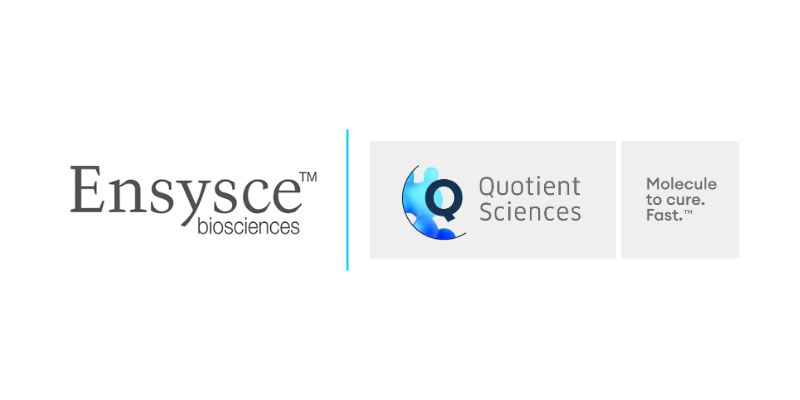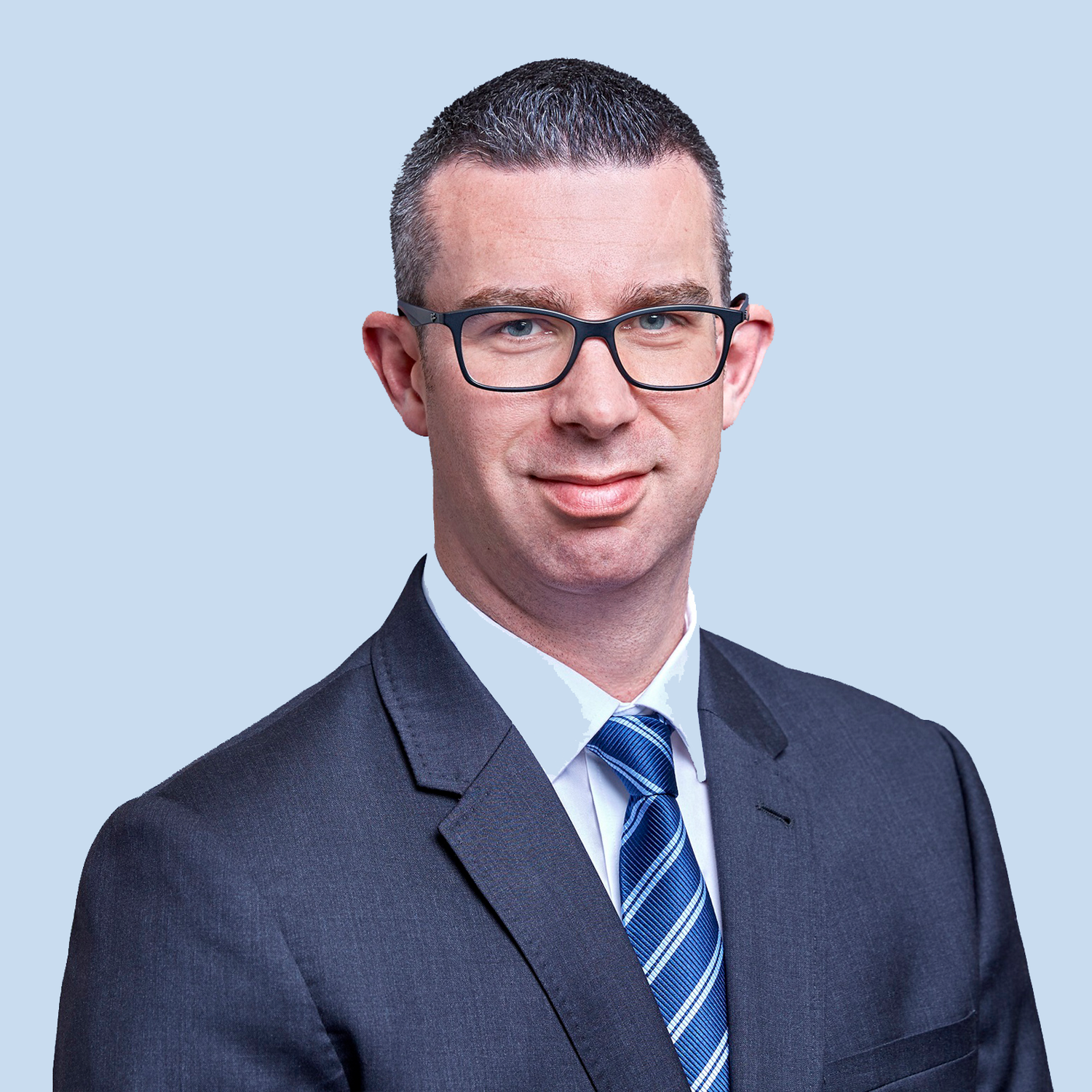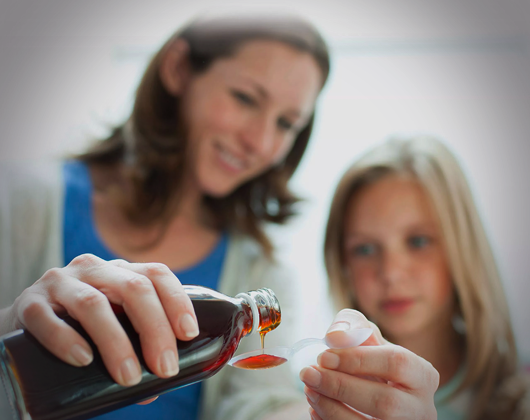In this article by Manufacturing Chemist, Annabel Kartal-Allen and Thierry Van Nieuwenhove discuss the impact of next-generation oral dosage therapeutics, AI and the Quotient Sciences drug development platform on the pharmaceutical industry.
Thierry Van Nieuwenhove highlighted the surge in interest for oral dosage forms in treating obesity, noting the potential of GLP1 analogues and other incretin hormones to offer more therapeutic options.
He also speaks about the transformative role of AI in drug discovery and how AI’s predictive capabilities could further expedite drug development, granting patients quicker access to necessary medications.
At the forefront of innovation, Quotient Sciences continues its strategic partnership with Charles River Laboratories, aiming to expedite the drug development process from candidate selection to IND application.
To read more, check out the full article here on the Manufacturing Chemist website.










